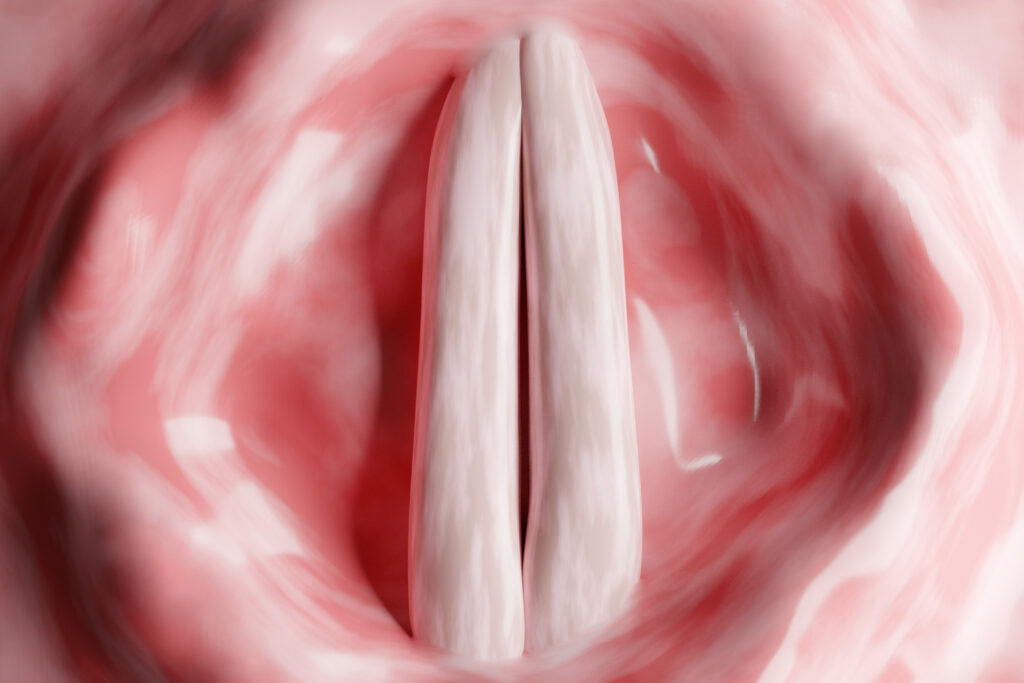Paradoxical Vocal Fold Movement: How Can Speech Therapy Help?

Paradoxical vocal fold movement (PVFM) is inappropriate closure of the vocal folds when inhaling and/or exhaling. Vocal folds close suddenly when they should remain open. PVFM may occur in both children and adults. People experiencing PVFM feel like they are breathing through a narrow straw. They struggle to get air in and may feel dizzy, panicked, or faint. Symptoms can be very similar to asthma but PVFM is not asthma.
Paradoxical Vocal Fold Movement Triggers
PVFM is most often triggered by laryngeal irritants such as:
- Smoke
- Fumes
- Vapors
- Dust
- Allergens
- Gastroesophageal reflux (GERD)
- Post nasal drip
- Cold temperatures
- Upper respiratory infection.
It may also be exercise induced, which is why it is frequently confused with asthma. A wheezing noise (stridor) that occurs on inhalation accompanied by tightness in the throat is indicative of PVFM as compared to wheezing on exhalation and tightness in the chest, which is typical in asthma. PVFM caused by irritation to the larynx is very often responsive to speech therapy, and in most cases, involves only a few sessions of treatment with home exercises for breathing. Therapy focuses on identifying triggers and learning techniques for breathing and laryngeal relaxation.
In rare cases, PVFM may be neurological in origin. PVFM that is neurological in nature presents with persistent symptoms rather than sudden breathing attacks. PVMF that is due to neurological causes requires medical management and does not typically benefit from speech therapy.
Stress and anxiety are other causes of PVFM, but it is important to rule out irritants as a cause. Treatment focused on stress or anxiety will not be effective if laryngeal irritants are not first resolved. Stress or anxiety induced PVFM often responds to treatment as well. Treatment will focus on education and relaxed throat breathing. A referral to psychology or psychiatry may occur in order to effectively manage the stress and/or anxiety causing PVFM.
